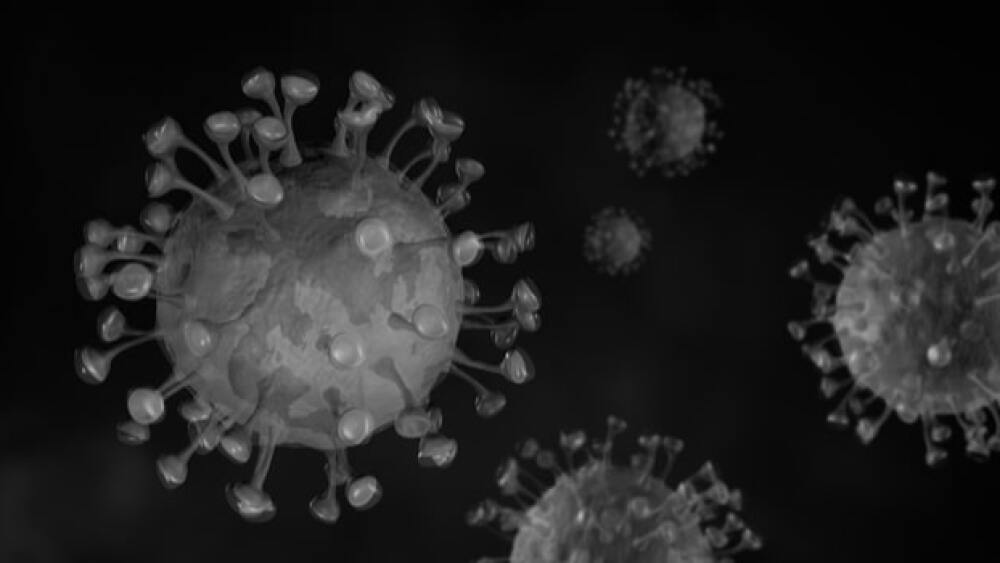Eli Lilly is seeking Emergency Use Authorization for its antibody therapy, LY-CoV555, for the treatment of high-risk patients with recently diagnosed mild-to-moderate coronavirus disease 2019 (COVID-19).
Eli Lilly is seeking Emergency Use Authorization (EUA) for its antibody therapy, LY-CoV555, for the treatment of high-risk patients with recently diagnosed mild-to-moderate coronavirus disease 2019 (COVID-19).
The Indianapolis-based pharmaceutical company submitted the request with early trial data that show the lab-produced antibody reduced viral load, symptoms and rates of hospitalization in patients with COVID-19.
LY-CoV555 is a neutralizing immunoglobulin G monoclonal antibody (mAb) that is directed against the spike protein of the severe acute respiratory syndrome coronavirus 2 (SARS-CoV- 2). The antibody therapy is a result of a collaboration between Lilly and AbCellera Biologics, the latter of which isolated the antibody from a blood sample of a patient in the U.S. who recovered from COVID-19.
Lilly’s other antibody therapy, LY-CoV016, is a recombinant fully human monoclonal neutralizing antibody that preferentially binds to the surface spike protein receptor binding domain on SARS-CoV-2 and blocks the virus from binding to the ACE2 host cell surface receptor. Eli Lilly has stated that LY-CoV555 and LY-CoV016 will respectively be referred to as bamlanivimab and etesevimab moving forward.
A preliminary analysis of trial data from Eli Lilly indicates that the combination of the two antibodies reduced the virus in patients’ nasal swaps after 11 days. A total of 112 patients in the trial received 2.8 grams of each antibody therapy, while 156 patients were assigned to placebo. At day 11, there were statistically significant differences in viral load at day 11. Visits made to the hospital or emergency room were reported in 5.8% of patients assigned to placebo versus 0.9% of patients who received the antibody combo. These data will be used to support another EUA that will likely be filed by Lilly some time in November.
“Our teams have worked tirelessly the last seven months to discover and develop these potential antibody treatments,” according to a statement made by Daniel Skovronsky, M.D., Ph.D., Lilly’s chief scientific officer and president of Lilly Research Laboratories. “We believe the data generated to date provide sufficient evidence that both monotherapy and combination therapy may be effective to treat COVID-19 in patients with a high risk for serious outcomes. Lilly is diligently working with regulators around the world to make these treatments available.”
The early trial data from Lilly fall in line with recently released data from Regeneron, which show that the Tarrytown, NY-based biotech’s two-monoclonal-antibody cocktail, REGN-COV2, helped patients recover faster from COVID-19. Treatment with REGN-COV2 reduced viral load and also improved symptoms faster than placebo in non-hospitalized patients with COVID-19. Receipt of the cocktail was also associated with a positive trend in reduced medical visits. Regeneron’s antibody cocktail was recently used to treat President Trump almost immediately after his COVID-19 diagnosis.
Following news of the EUA submission, shares in Lilly were up 3.2% in premarket trading. The company stated in a release that it expects to have 100,000 doses of LY-CoV555 available in October and up to one million by the end of the year. Lilly also noted it has the capacity to produce up to 50,000 doses of the antibody combination therapy by the fourth quarter of 2020.





